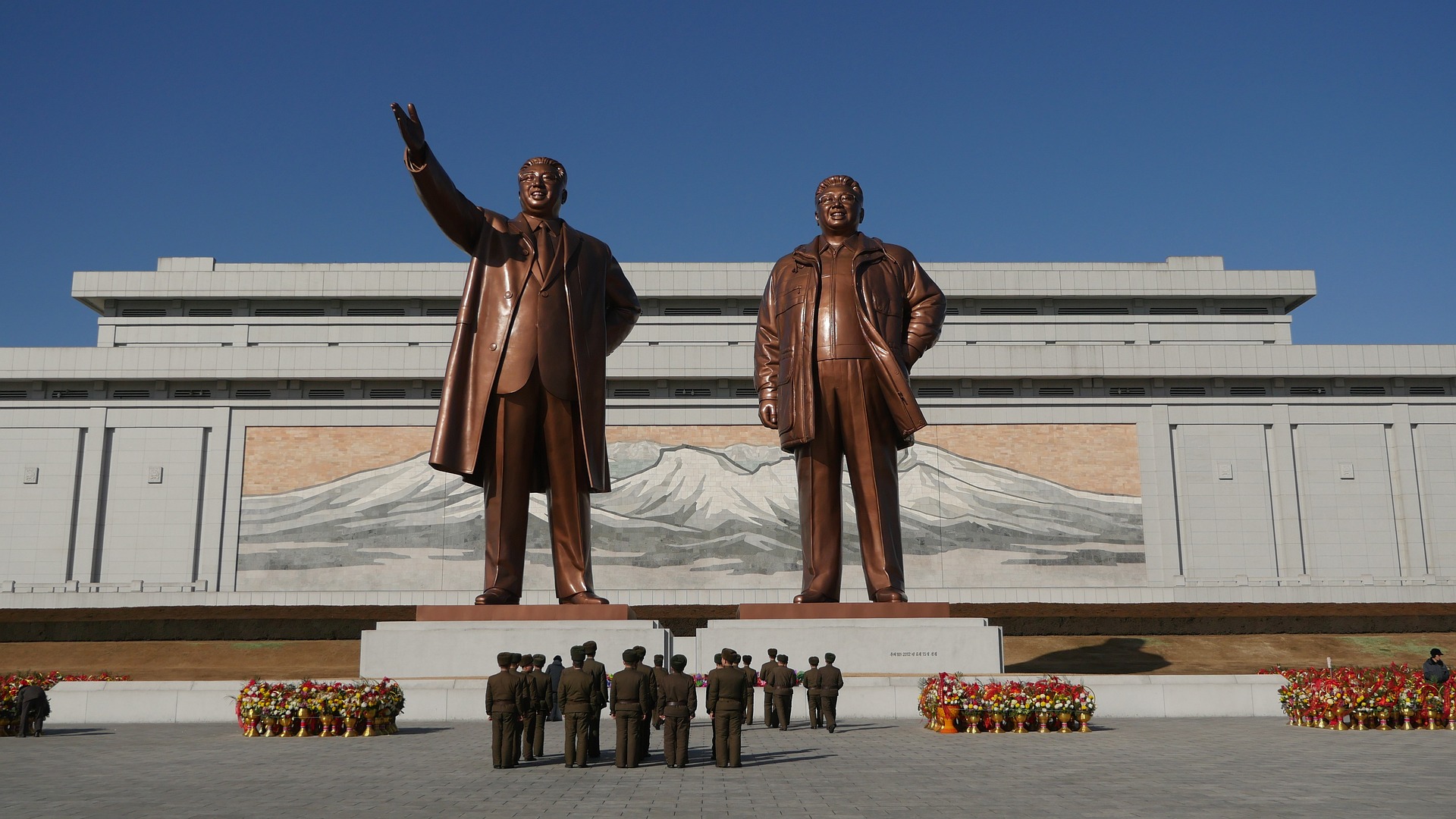President Woodrow Wilson once proclaimed that the US should seek to make the world “safe for democracy.” His words called for a more activist foreign policy and the creation of ambitious, but ultimately failed, international projects such as the League of Nations.
To his credit, after his tenure America did have impressive accomplishments: defeating communism and rebuilding countries like Nazi Germany into flourishing democracies are notable examples. Washington still holds an essential role in stewarding global liberty, but new times call for a new strategy that builds off the lessons of the past.
Many classical liberals, libertarians, conservatives, and foreign policy realists are rightly skeptical of American foreign policy. After the fall of the Soviet Union, when US power was unchallenged and uncontained, Washington embarked on several reckless initiatives that ended up doing more harm than good. The Middle East is an ongoing exhibit of catastrophic American failure and ambition. Furthermore, in the age of nuclear weapons, one false move could spell disaster.
However, many skeptics of state action, like Friedrich Hayek, also recognize that the global balance of power is a game worth playing. Indeed, he had a front row seat to the emergence of expansionist autocracies like Nazi Germany and the Soviet Union, and recognized a need for like-minded countries to engage in collective action.
With a formidable authoritarian power like China on the rise, nationalist movements gaining traction, terrorist groups destabilizing regions, and actors like Russia causing chaos, it is clear that active maintenance of global liberty is needed.
Promoting global security
Although it might have been necessary for the US to shoulder the global security burden immediately after World War II owing to its comparative power to other free societies, that problem no longer exists. Across the Atlantic, the European Union and the United Kingdom possess formidable economies that can finance strong militaries.
In Asia, Japan and India are fashioning themselves into democratic superpowers. Washington can augment its partners’ defense capabilities through weapons sales, strategic coordination, and declassifying intelligence on mutual threats like China and Russia.
Germany recently announced in response to the Russian invasion of Ukraine that it will spend an extra 130 billion Euros on defense over 15 years. Although London has its hands full with domestic problems, Liz Truss, the former prime minister, recently pledged to increase the UK’s defense spending to 3 percent of GDP by 2030 in her short time in office.
After China’s crackdown on Hong Kong’s democracy in 2019, the British Navy returned to Asia in 2021 with the aircraft carrier HMS Queen Elizabeth sailing into the South China Sea. The task force not only served as a show of force to the Chinese but also visited 40 nations such as Japan and India, signaling that in a time of growing geopolitical uncertainty, Britain was back.
The Japanese have increasingly demonstrated a desire to play a global leadership role, especially in the face of an ascendant China. For example, former prime minister Shinzo Abe created the Quad, an increasingly relevant security partnership involving the US, India, Japan, and Australia. Its stated mission: A free and open Indo-Pacific.
Curtailing economic influence
Using military force to fight off would-be conquerers, policing trade routes, and stopping genocides are all obvious objectives in making the world hostile to autocracy. However, one must also think about economic power. Europe’s dependence on Russian gas presents a tool that Moscow can use to coerce free societies.
However, China’s weaponization of economic influence presents a far more significant challenge. Beijing’s economy is more advanced than Russia’s, encompassing virtually all segments of global commerce, and the CCP frequently leverages its market for geopolitical purposes. Indeed, decreasing reliance on foreign trade and increasing the world’s reliance on accessing the Chinese market is the primary objective of Xi Jingping’s Dual Circulation Strategy.
Although the CCP does not seek to push countries in authoritarian directions just for the sake of doing so, China implicitly nudges governments by exporting surveillance technologies and actively attempting to revise global human rights norms. Finally, like any great power, Beijing wields traditional tools like sanctions and tariffs to advance geopolitical goals, such as retaliating against Australia for calling for an investigation into the Covid-19 outbreak in Wuhan.
Lastly, free societies must practice self-renewal. Creating more trade agreements and diplomatic channels is one thing; being relevant is much harder. Competing with autocratic powers, especially economic giants like China, means that countries like the US must continue being at the cutting edge of growth. Free societies must continue to grow and show the world that their systems of government produce better results than unfree regimes.
A world hostile to autocracy
Rather than trying to fundamentally remake the world, the US should play the cards dealt. Today, the US is not alone as the sole liberal democratic power. It has formidable allies and partners who can play a vital role in forwarding security, prosperity, and human rights. The West and its friends represent the greatest economic and technological ecosystem the world has ever seen. Consciousness and confidence in leveraging this collective strength for mutual interest is vital.
It is clear that more prudent and proactive statecraft is needed; a doctrine that accepts that the sword cannot solve every problem and a retreat from world affairs will only leave space for uncertainty. Rather, the US should embrace the prospect of working alongside diverse partners to make the world more resilient to the forces that seek to undermine free societies.
For more content on related issues, be sure to check out our Free Society video playlist by clicking on the button below.
This piece solely expresses the opinion of the author and not necessarily the organization as a whole. Students For Liberty is committed to facilitating a broad dialogue for liberty, representing a variety of opinions.



